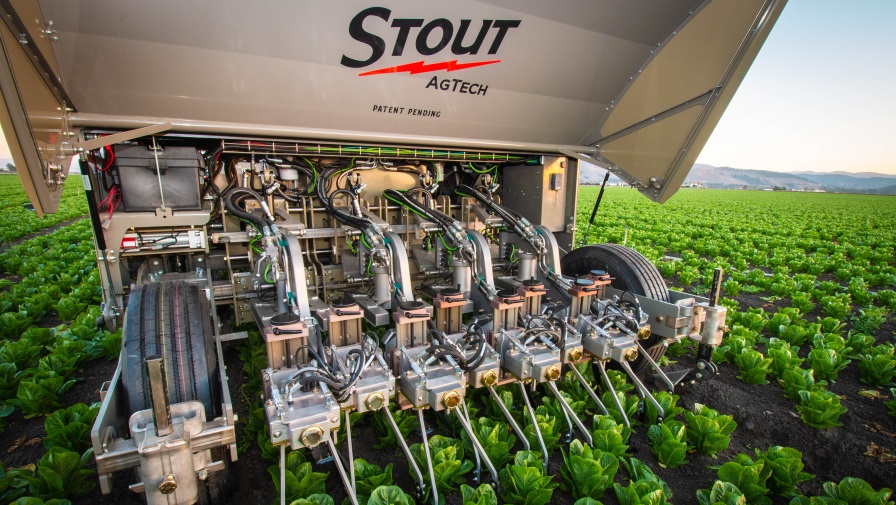Dispute Over Meat Labeling Will Impact Bottom Line for Apple Industry

Diane Kurrle, U.S. Apple Association
New tariffs to roll out with Country of Origin labeling.
The 2002 Farm Bill included mandatory Country of Origin Labeling (COOL) requirements for meat, poultry, produce, and seafood. The move came in response to pressure brought from consumer groups for transparency, as well as some U.S. agricultural producer groups.
For the most part, the produce industry was supportive, and implementation for our sector went fairly smoothly. This was not the case for meat, which was controversial from the start. When the 2008 Farm Bill made further amendments to COOL for meat, the Canadian and Mexican governments filed a case with the World Trade Organization (WTO). The two countries maintain that the law gives the U.S. an unfair advantage by reducing the value and number of cattle and hogs shipped to the U.S. market.
This past June, the WTO found in favor of Canada and Mexico. As a result, the two countries are now poised to impose retaliatory tariffs on U.S. goods and products. Apples are on Canada’s list and expected to be on Mexico’s once it releases it. This could have a significant impact on the bottom line of the apple industry, as Canada and Mexico are our two largest export markets.
Impact Of This Decision
Initially it was thought the tariffs could hit as early as September, but the WTO has yet to assign a dollar value to the “harm” done to Canada and Mexico. The United States Trade Representative (USTR) has offered just over $90 million, while Canada and Mexico are calling for just over $3 billion. The WTO is expected to make a decision in late November which means Canada and Mexico would likely begin imposing the tariffs before the end of the year.
Resolving this issue to the satisfaction of the WTO before the tariffs are imposed is a top USApple priority, and we are working with other impacted agriculture and manufacturing groups to urge congressional action. The House passed a strict repeal of the COOL law in June, but the Senate is a bit more complicated. Since a 60-vote “super majority” is needed to advance legislation in the Senate, many believe the votes are not there for a full repeal. Senators who represent small beef and pork producers or who are close to consumer groups do not support the repeal, while those whose constituents will be impacted by the tariffs are calling for action.
Senate Agriculture Chairman Pat Roberts (R-Kan.) drafted an amendment identical to the bill passed by the House. Roberts hoped to add it to another piece of legislation back in the summer, but that opportunity has yet to present itself. Senator John Hoeven (R-N.D.) and Agriculture Committee Ranking Member Debbie Stabenow (D-Mich.) have sponsored compromise legislation that repeals the law and institutes a voluntary program. Their approach has garnered bi-partisan support, but Canada and Mexico have indicated that they will not sign off on it. If the voluntary labeling approach were to pass, tariffs could still be imposed while the WTO considers whether to accept that approach. The most expedient way of solving this problem is for the Senate to pass legislation identical to that of the House.
USApple is pushing for this approach, but we also recognize that without 60 votes for repeal, the Senate may go a different route than the House. Bottom line, we will continue to work on our own and with other impacted agricultural and business organizations to urge prompt congressional action that brings the U.S. into compliance with the WTO. Unfortunately, it is very likely that tariffs will be instituted for a period of time until the law is repealed.









